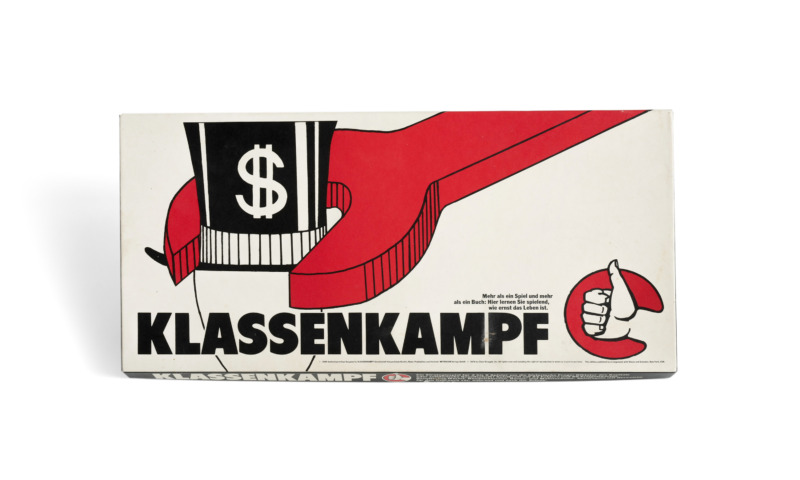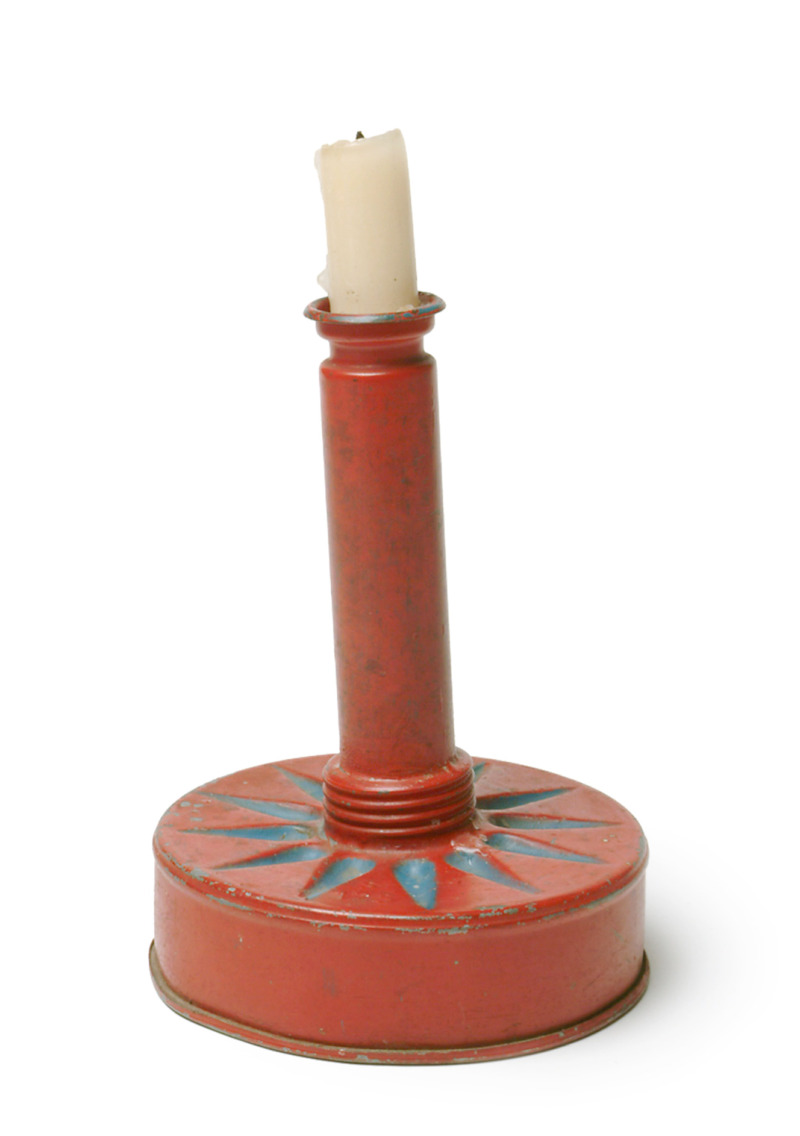The architect and designer Ferdinand Kramer designed the chair B403 that was manufactured by the Thonet brothers in 1927.
Developed during the construction of the New Frankfurt, it was initially used in the vocational education centre. As opposed to the conventional desk chairs and delicate coffee house chairs from the Thonet brothers, the so-called “Kramer Chair” was primarily designed for comfort and stability. Legs and struts are made of bentwood, while backrest and seat are made of dark stained and varnished plywood.
The Thonet brothers’ products have paved the way in terms of typification and standardisation in the early 20th century. Kramer was fascinated by the Thonet brothers’ method of producing typified objects:
The problem of typification lies in the standardisation of the form or the processing elements. The individual production and processing of the unique piece is abandoned in favour of a production which considers precisely elaborated models as its actual goal in mass production. (translation by the author)
Kramer, 1929
The exhibition series “111/99” focuses on the formal differences between unique handicrafts or artistic works and industrial mass production, amongst other things. Torn between the ideal of a standardised formal language and the fear of egalitarianism, representatives of industry, artists and designers such as Ferdinand Kramer adopted the new machine production methods at the beginning of the 20th century. The exhibition “Unique Piece or Mass Product” can still be seen until 19 August 2019.

